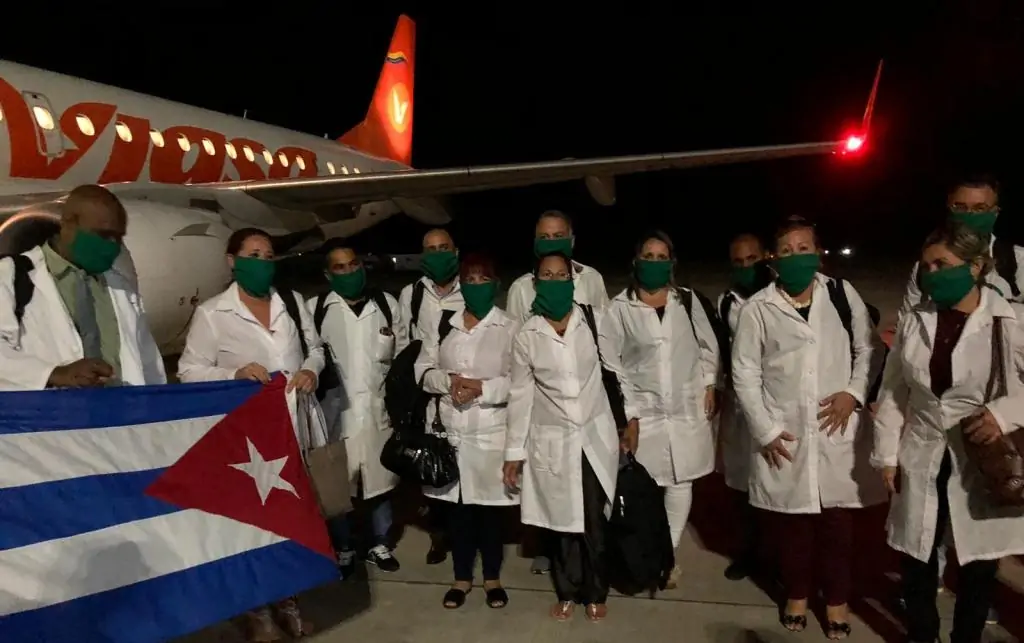In recent months, U.S. Congressman Carlos Giménez has emerged as a vocal advocate for the rights of Cuban medical professionals and a critic of the practices surrounding Cuba’s medical export program.
With over 26,000 doctors and nurses deployed in 55 countries, the Cuban government reportedly generates more than $4.9 billion annually from these arrangements. However, much of this revenue does not reach the medical professionals themselves, who often endure exploitative working conditions.
As a result, Giménez is advocating for sanctions against nations that do not compensate Cuban doctors directly and for tougher measures against countries that collaborate with the Cuban regime. This article will explore the implications of Giménez’s call for sanctions, the context of Cuba’s medical program, and the broader moral and political considerations involved.
Cuba has long positioned itself as a leader in global health care, exporting medical services to various countries in need. This initiative dates back to the 1990s and has grown to encompass thousands of health workers who provide essential services in impoverished regions. For instance, Cuba’s cooperation with Haiti has been particularly notable, saving hundreds of thousands of lives and conducting millions of consultations.
However, the arrangement has drawn criticism for exploiting the labor of Cuban doctors. Reports indicate that these medical professionals receive only a fraction of the earnings generated from their work abroad, with most payments funneled back to the Cuban government. This raises ethical questions about whether these doctors are being treated as valuable healthcare workers or as pawns in a larger political and economic strategy by the Cuban regime.
Giménez’s Position
In light of these issues, Rep. Carlos Giménez, representing Florida’s 28th district, has called for a multifaceted approach to address the exploitation of Cuban doctors. His recent requests include:
- Financial Sanctions: Giménez has urged the U.S. government to impose financial penalties on countries that do not pay Cuban doctors directly or that engage in practices he views as exploitative or akin to human trafficking. He argues that nations benefiting from Cuban medical assistance should be held accountable for their complicity in the Cuban regime’s practices.
- Visa Restrictions: Giménez has also proposed visa restrictions on foreign officials linked to the exploitation of Cuban health professionals. He believes that limiting the mobility of those involved in these arrangements could serve as a deterrent against further exploitation.
-
Raising Awareness: By advocating for these measures, Giménez aims to raise public and governmental awareness of the plight of Cuban doctors and to generate support for their rights and fair treatment.



